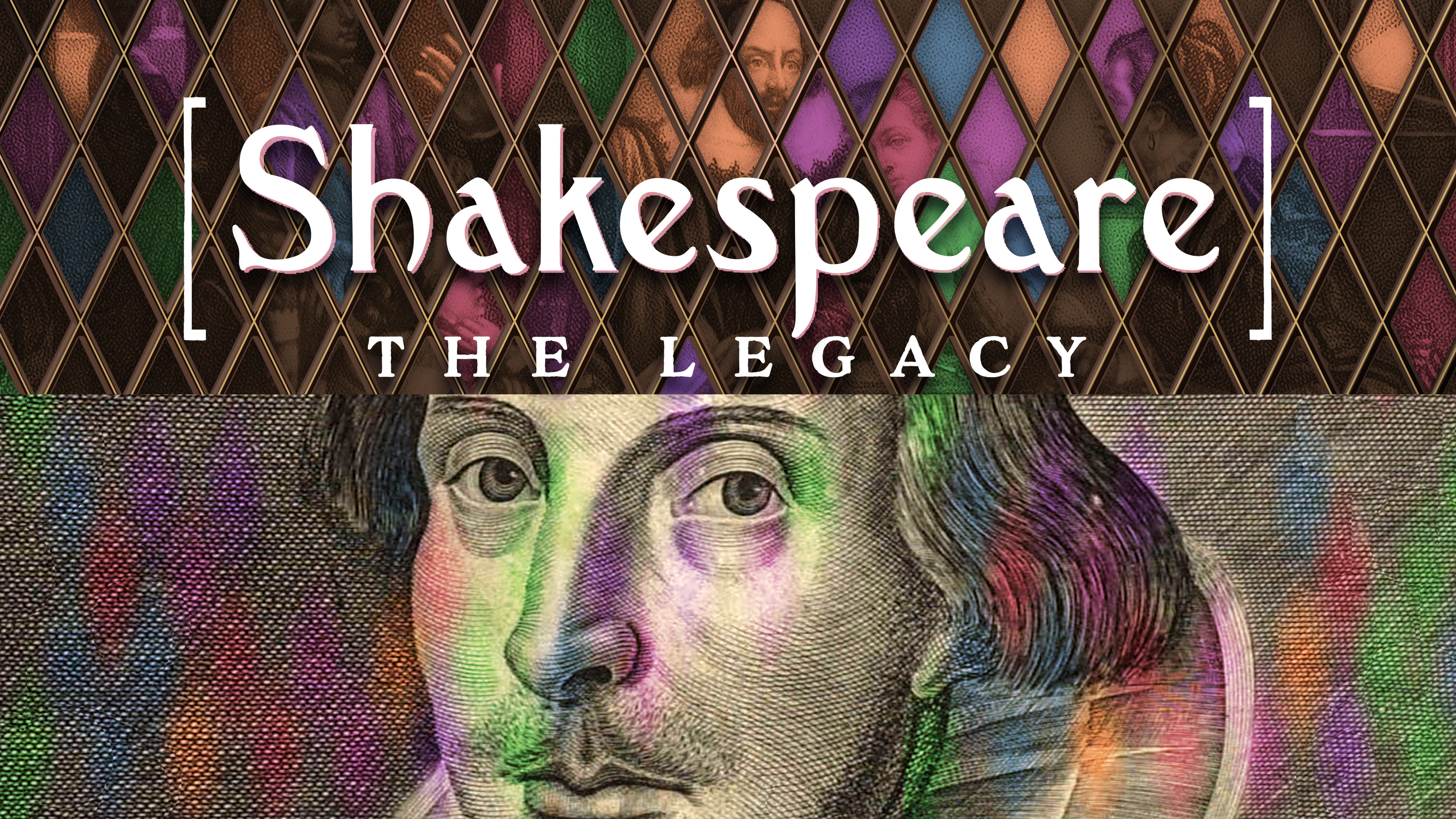Playwright William Shakespeare gave us lots of great lines that have become idiomatic. But where did they originate, and what do they mean?
◊
William Shakespeare, that paradigm for playwrights, that paragon of poets, wrote many great lines. So great are these lines that they’ve become idiomatic – lots of us know and use them without being aware of their source.
What makes them great? Well, among other things, each line packs profundity into a few words. In addition, the words themselves, along with their order in the sentence, reflect serious consideration of how a turn of phrase moves the mind in one direction or another. Let’s look at some of Shakespeare’s best known quotes, their sources, and how we can understand them.
Tragedy
Not all of Shakespeare’s works fall neatly into one category or another, but they are generally grouped into three primary types: tragedies, histories, or comedies. Tragedies are stories in which the main character suffers some devastation. That devastation is sometimes the character’s own making, other times fate is at work, and still other times it’s just chance.
“To be, or not to be, that is the question,” declares Hamlet in the eponymous play (Act 3, Scene 1). Who hasn’t contemplated the nature of existence? Is it better to live and endure life's hardships (“to be”) or to end one’s suffering through death ("not to be")? He considers life’s pain and suffering, weighing it against the fear of the unknown that is death. Ultimately, Hamlet muses that the uncertainty of what death is (“the undiscovered country”) prevents people from ending their lives, even when it is full of sorrow.
Dive deeper into Shakespeare’s life and work in this engrossing documentary.
History
“A horse! A horse! My kingdom for a horse!” exclaims King Richard III in another eponymous play, Richard III (Act 5, Scene 4). Richard is in desperate straits. His horse has been killed in battle, leaving him vulnerable and on foot. Surrounded by enemies and facing imminent defeat, he cries out in desperation, offering his entire kingdom in exchange for a horse that would allow him to continue fighting or escape.
.jpg) Portrait of William Shakespeare (Credit: Folger Shakespeare Library Digital Image Collection)
Portrait of William Shakespeare (Credit: Folger Shakespeare Library Digital Image Collection)
There is another layer of meaning in the line, however, which even we non-kings can appreciate. Here is a powerful person who has manipulated, lied, and killed to seize the throne. Now he’s willing to give up everything just to survive.
Comedy
“All the world's a stage, and all the men and women merely players,” says Jaques in As You Like It (Act 2, Scene 7). In this famous passage, Jaques compares life to a play and people to actors who have their entrances and exits. The metaphor suggests that human life is like a theatrical performance, where everyone plays different roles at different stages of life – from infancy to old age. These roles, according to Jaques, are predetermined by the circumstances of life, and we all perform them without fully realizing it.
The quote reflects the idea that life is transient and cyclical, with each person moving through various stages, each with its own role and expectations. It also implies that much of what we do in life is a kind of performance, shaped by societal norms and expectations, rather than by our true selves.
As we can see from just these few examples, one of Shakespeare’s great accomplishments is to be relevant throughout the ages. What he has to say about the human condition – our joys and pains, our strengths and foibles, our successes and blunders – are as true today as they were when actors first trod the Globe Theatre’s boards.
Ω


